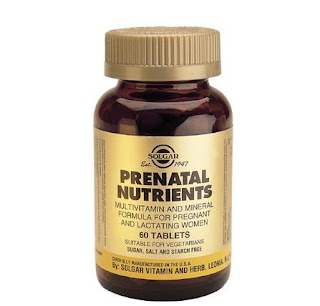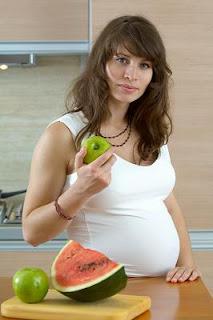 A pregnant woman always has her hands full, with so many things to do to have a normal and healthy pregnancy. Exercising is one of the most important things that doctors suggest to do. Today, prenatal yoga is a popular form of exercise that provides various advantages for your body.
A pregnant woman always has her hands full, with so many things to do to have a normal and healthy pregnancy. Exercising is one of the most important things that doctors suggest to do. Today, prenatal yoga is a popular form of exercise that provides various advantages for your body.There are various advantages of prenatal yoga. Many expectant women have been practicing prenatal yoga today and they find that it benefits both their body and mind. It has also increased the trend of delivering through natural birth, as it has a positive impact on the muscles of the body. Yoga is the perfect prenatal exercise that helps connect a mother and a baby and helps a woman prepare towards the journey of birth and motherhood.
Some of the advantages that prenatal yoga can provide are:
- Reduces lower back pain and sciatica.
- Increase in overall strength, well being and flexibility.
- Reduces fatigue, aches in cervical and thoracic regions of the spine.
- Helps in proper digestion of food.
- Reduces inflammation around the joints and swelling.
- Improves emotional well being.
- Improves mobility
- Prepares for giving birth physically.
You will also learn about meditation and imagery, which can be helpful when you are in labor. During pregnancy and giving birth, you need the physical and mental strength to handle the pain and joy of giving birth, which yoga can offer. It is the best prenatal exercise, so take advantage of it.






























